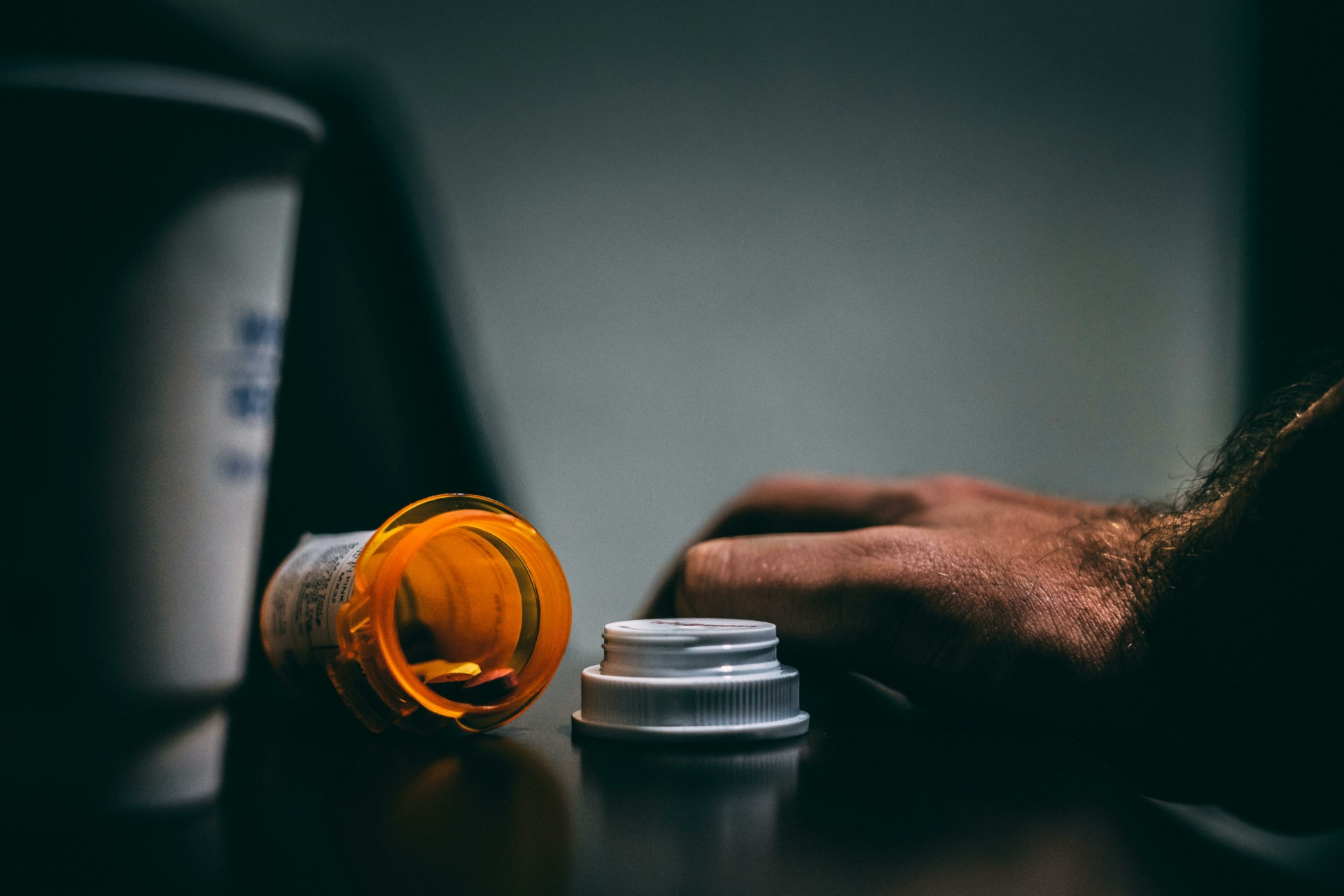The United States is facing an epidemic of prescription medication abuse. Along with high-profile opioids, other medications such as benzodiazepines and sleep aids can also cause dependency and life threatening addictions. But recent research reveals that cannabis compounds
can provide safer, more effective relief for pain, anxiety and other conditions than mainstream pharmaceuticals – so much so that many cannabis consumers are reducing their use of prescription medications or abandoning them altogether.
FOLLOW US ON FACEBOOK & INSTAGRAM
Prescription Medication Abuse Is An Epidemic
In the past three decades, the number of prescriptions for opioid pain medications like Oxycontin and Vicodin has soared. These medications belong to the same class of drugs as heroin and opium – highly addictive substances that trigger powerful responses in the brain’s pleasure and reward system along with blocking receptors for pain.
But although the opioid abuse crisis claims headlines, opioids are only one type of drug with a high potential for abuse. Benzodiazepines such as Xanax, Ativan and Klonopin, which are used to treat conditions such as anxiety, depression and insomnia, can also cause physical or psychological addictions, and so can hypnotics, or sleep medications, such as Ambien and Lunesta.
These and similar medications act on different pathways in the brain and central nervous system to provide relief for pain, anxiety and depression, and insomnia. But according to a recent study by the Brightfield Group in partnership with HelloMD, cannabidiol, or CBD, can provide relief for conditions in all three groups.
RELATED: WHAT IS CBD AND HOW CAN IT HELP ME?
Cannabis and the Endocannabinoid System
Cannabidiol is one of over a hundred active compounds found in cannabis sativa, the marijuana plant. Unlike Tetrahydrocannabinol, or THC, the compound responsible for marijuana’s famous high, CBD isn’t psychoactive – but it does have powerful medicinal properties, thanks to the body’s “built-in” ability to respond to cannabis.
The human body is rich in receptors – protein molecules that respond to signals produced not only within the body itself by neurotransmitters and hormones, but also from outside sources like medications. The endocannabinoid receptor system is a group of naturally occurring cannabinoid receptors found in the tissues and central nervous system.
Endocannabinoid receptors play an important role in maintaining the immune system, reducing inflammation, modulating pain, and managing stress responses and mood. When a person uses cannabis, active compounds such as THC and CBD bind to these natural receptors and affect their responses.
Cannabis Has Many Medical Properties
Along with its euphoric high, THC can provide pain relief. CBD can also relieve pain, but it has far more anti-inflammatory and anti-anxiety properties. Since each of these compounds boosts the effectiveness of the other, many medicinal marijuana products contain both THC and CBD in various proportions.
Because the body naturally responds to the compounds in cannabis, the use of marijuana for medicinal purposes isn’t really new. But as more and more states move to legalize marijuana, research on its medicinal properties has also intensified – and so has interest in its potential for replacing or reducing prescription pharmaceuticals.
Government research on marijuana’s medical properties has been limited because marijuana is still a Schedule 1 class drug that, like heroin, is deemed to have no medical applications, but groundbreaking academic and private-sector research continues to demonstrate that in fact, the medical applications of cannabis are substantial.
Cannabis Can Be More Effective Than Prescriptions
HelloMD recently partnered with the marketing research firm Brightfield Group to conduct a comprehensive study on the use of CBD. Surveying 2400 members of HelloMD’s community of medical cannabis users about their use of CBD, the study revealed that users most frequently turned to cannabis for conditions such as pain, insomnia, anxiety and depression. Of those, nearly half of them – 42 percent – stopped using prescription medications entirely and used CBD exclusively to treat their conditions.
Other key findings from the study confirm that CBD can be an effective treatment, with 80 percent of respondents agreeing with that statement. And of all those surveyed, an overwhelming majority – 90 percent – said they wanted to buy CBD-only products derived from marijuana – an important distinction, since CBD is also found in hemp.
Those findings echo the results of an earlier study conducted by UC Berkeley in partnership with HelloMD. Using the same database, researchers set out to study the effectiveness of cannabis as a substitute for opioid and non-opioid pain medications. Of nearly 3,000 respondents to the study survey, 97 percent agreed that they could decrease their use of opioids by using cannabis. Even more striking, 92 percent agreed or strongly agreed that they preferred cannabis to opioids to treat their condition. And 81 percent said that cannabis alone was more effective than using cannabis along with opioids.
According to the Berkeley study, cannabis won out not only over opioids, but also over non-opioid based pain medications. Similar numbers of respondents agreed that they preferred cannabis rather than other kinds of non-opioid painkillers to treat their conditions.
A different type of study
recently conducted by the University of New Mexico confirms these findings. Working with the Industrial Rehabilitation Clinics of Albuquerque, researchers followed patients in the state’s medical cannabis program to determine whether their use of prescription medications changed while taking cannabis.
New Mexico requires all prescriptions for scheduled, or controlled, substances to be recorded in the state’s prescription medication monitoring database. That made it possible to track the kind and number of prescriptions participants filled, along with other information such as the number of prescribing physicians they saw and how many pharmacy visits they made.
The results? Within 6 months of starting a medical marijuana program, 71 percent of patients followed in the study either reduced their use of scheduled prescription medications such as opioid painkillers, benzodiazepines and sleep aids – or stopped using them altogether.
Cannabis Could Be The Future of Pain Management
These studies have profound implications for the treatment of pain, sleep problems, anxiety and depression – conditions that typically require powerful prescription drugs with often serious side effects and the very real potential for addiction. Safer and more effective, cannabis may be the most potent weapon in the fight against opioid addiction – and the future standard of care for a long list of chronic health conditions.
If you are new to cannabis and want to learn more, take a look at our Cannabis 101 post. HelloMD can help you get your medical marijuana recommendation; it’s 100% online, private and efficient.






